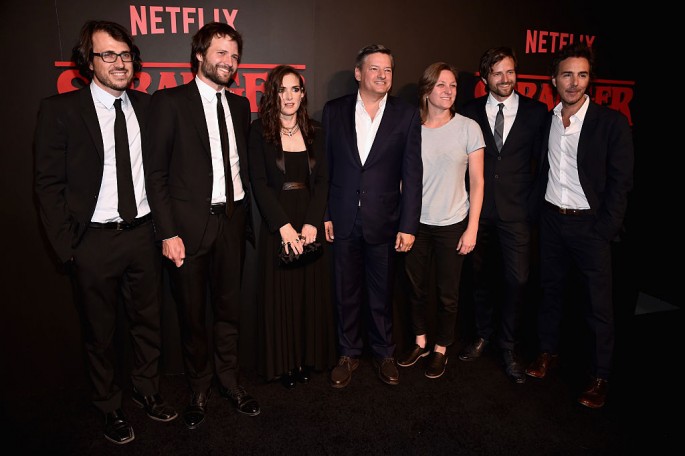There are a lot of strange mysteries remaining unsolved behind Netflix's current blockbuster, "Stranger Things", and it might be the best for them to end it this way and leave them unsolved.
The recent popularity of "Stranger Things" is due to the loyal homage it pays to the ominous pop culture of the 1980's, paying tributes to the biggest filmmakers and writers at the time such as Stephen King, Steven Spielberg, John Carpenter, and John Lucas, for example. But its well-deserved fame does not only come from the scenes that are evidently a tribute to these influential artists.
The style of its storytelling has also been emulating the same 80's era, where most of the classic films materialized and their endings concluded, without the need to film for sequels and spin-offs. No forced extensions and interconnected universes existed back then, and once a story has been established, it sticks that way.
"Stranger Things" co-creator Ross Duffer tantalizes us by stating in Variety that there are still a lot of things we do not understand as of now with regards to the potential of a second season popping off. This includes the origin of the monster and the Upside Down.
Ross' brother, co-creator Matt Duffer, stated in the Verge that they wanted to keep things as simple as possible for the first season, including the mysteries, and explore it further on the next seasons. But an overarching backstory where the "mythology" of the show rises might not be the best thing for it.
There had been a lot of shows that were inspired by this style of having a huge mythology span to make things longer, such as "Fringe", "Person of Interest", and "Mr. Robot". These overarching mythologies keep the fans thrilled at the edge of their seats by providing them with open-ended questions, with which they can formulate their own theories with.
There might be a total oversaturation of overarching storylines where interconnected stories overlap with each other, giving audience longer shows to watch, that watchers now want to take a break and watch anthologies instead, where there are separate stories every season. The new season of Stranger Things might just be better if it does not focus on overly complex details such as these things and keep its mystery cloak veiled without ever divulging the answers behind.






















